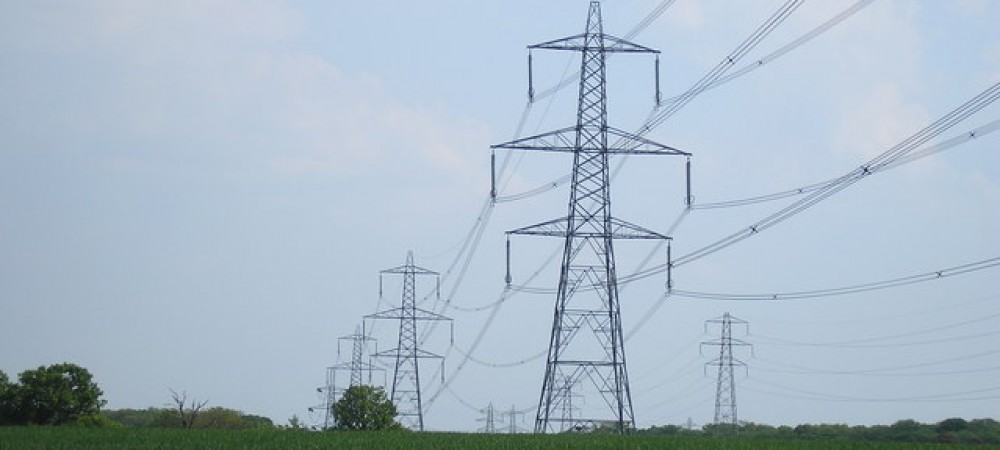I’ve been recommending hand-pumped wells, but if you have electric power you can use your existing submersible pump. The cheapest source of power is a small portable gasoline-powered generator. EMP-sensitive spare parts for it can be stockpiled in a small Faraday cage.
Such a generator would only have to run for a few minutes a day. For example, if 10 people lived in a house and used 10 gallons/day each, that would be just 100 gallons/day. If the submersible pump delivers 25 gpm, that amount of water would require only 4 minutes of pumping. This doesn’t require much fuel. If a gallon of gasoline lasts 2 hours (one figure for a 4kw generator running at a 50% load) then a gallon would last a month. Three 5-gal jerry cans would store more than a year’s supply.
This relatively high power source could also be used for tools and kitchen blenders, drip irrigation, etc. For low power needs stretching over hours, such as lighting or powering communications gear, it would be better to depend on a small solar energy system or solar powered flashlights, chargers, etc.(all stored in a Faraday cage).
Although you can store a few 5-gallon cans of gasoline to provide minimal needs, it would be better if you could tap the fuel in service station tanks. It is likely that the National Guard would seize liquid fuel supplies at service stations, but it would take them some time to get around to doing so. You could purchase from the service station owner an option to buy gasoline in the event of a power outage, and get to the station immediately after the pulse to do so (paying in food or gold). Gas could be pumped (using your portable generator) into 5-gallon cans or 55-gallon drums and moved to a secure location. It would be fresh gasoline, sealed away from air and moisture (until drums are re-opened), and should last a long time.
The greatest problem with generator sets is the noise they make. This is not only annoying; in a time of shortages, the sound of it would draw desperate people. The fundamental reason these machines are so noisy is that they are inefficient. Most of the fuel’s energy comes out as heat and noise, not electrical power. Noise can be reduced by putting the generators in boxes (most residential – but not portable – generators are in boxes), but the need to draw in and exhaust air to cool the engine limits how quiet the systems can be made. Just putting on large exhaust mufflers is insufficient, since much of the noise is due to the movement of components. Putting the generator inside a room or small building, with the exhaust piped outside through a large (e.g. automotive) muffler is probably the most effective solution. If it were really run only a few minutes a day, it could be run inside a home garage while the residents put up with the noise or take a walk outside.
Just one noisy generator in a neighborhood would likely draw unwelcome attention, so use of generators highlights the need for an effective local police/militia to protect the neighborhood. But roaming bands of robbers are likely to arrive in any case, and noisy generators are not likely to change that much. There is no way of getting around the need for an effective neighborhood police force.
